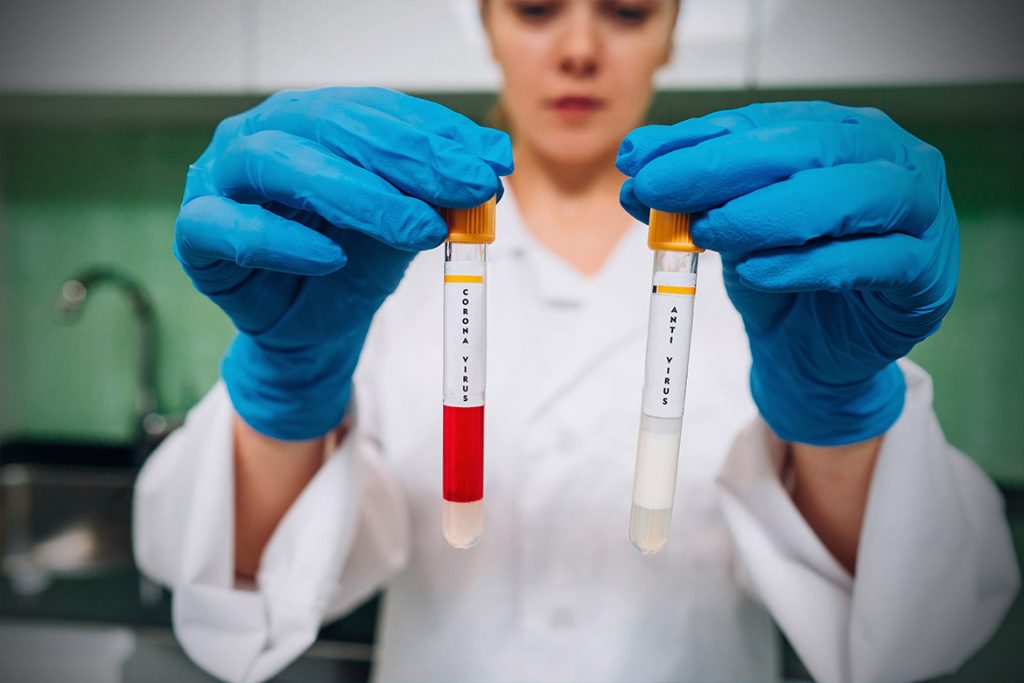To detect COVID-19 cases India was importing antibody rapid test kits from China, but these testing kits were flawed so India returned such kits. China on the other hand blamed India for mishandling the kits. But now India does not need to import rapid testing kits from outside, ICMR with National Institute of Virology, Pune developed indigenous antibodies testing kits, called COVID Kawach ELISA, where ELISA stands for Enzyme-Linked Immunosorbent Assay.
Antibodies test kits detect the antibody which our body produce in response to any virus or bacteria. Our body produces 5 type of immunoglobulins among which this test will detect IgG, as it is the antibody that our body produce against SARS-COV-2. An ELISA microplate consist many tiny tubes, which are all coated with an antigen to a specific antibody.
Different dilutions of the person’s blood sample are taken and deposited in each well. If the antibody to the IgG antigen for COVID-19 is present, the solution in the tube reflects different color, which is the confirmation of the COVID-19. Such methodology is also used in detecting the HIV virus.
However, these kits can only identify those who previously had virus in their bodies because it can only detect the antibody. The gold standard frontline test for COVID-19 is RT-PCR (real-time polymerase chain reaction). But ELISA based test will help in surveillance and can tell the number of people who were exposed to Coronavirus. Another advantage of this Kit is that it can detect even asymptomatic individuals, even if there is a lesser presence of the virus in the blood due to high sensitivity of the test.
Also Read: COVID-19: Japan plans to approve its first antigen testing kits
Health ministry in its statement says “ELISA based testing is easily possible even at the district level as the ELISA kit has an inactivated virus. There are also minimal bio-safety and bio-security requirements as compared to the real-time RT-PCR test. The test has an advantage of having much higher sensitivity and specificity as compared to the several rapid test kits which have recently flooded the Indian market”. The government has already given permission to two pharma companies for it’s mass production. This kit can detect 90 samples at a time in 2.5 hours, so when these kits will be distributed at District level, it will boost India’s testing capacity multi-fold. This kit has not only terminated India’s dependence on other countries for testing kits but it is also giving an opportunity to India to gain more soft power in the world by exporting it to other needy countries on humanitarian grounds just like India did in case of HCQ.

